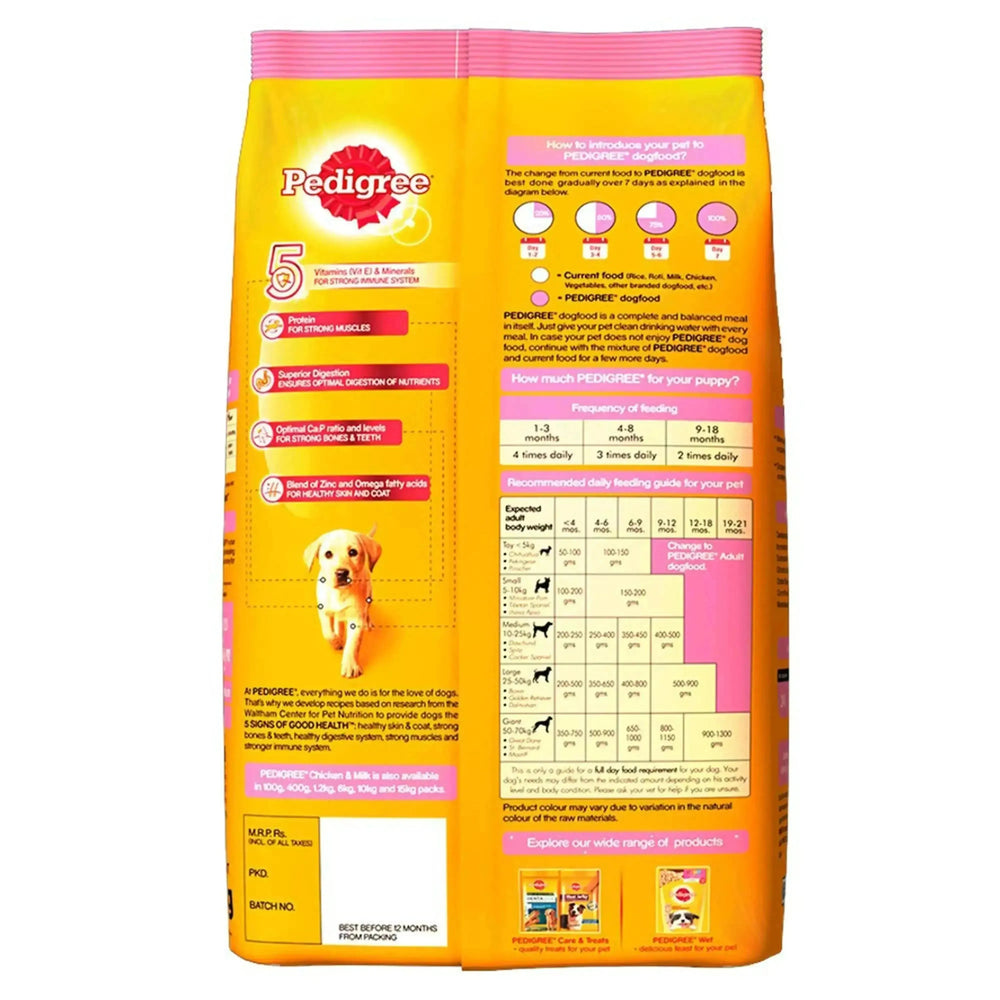How Diagnose & Treat Diaorrhea in Dogs
One of the most prevalent problems in dogs is Diarrhea. With time and consultations from vets, it can be said that it has a possibility of being a serious issue that leads up to dehydration. To be able to treat the problem well, there are a few things to know as to how is it caused and how do veterinarians diagnose the ailment.

WHAT CAUSES DIARRHEA IN DOGS?
From the many reasons that can cause diarrhea in dogs, the most common ones are intestinal parasites (e.g., roundworms, hookworms, Giardia), bacterial infections or overgrowth, dietary indiscretion (e.g., garbage ingestion or an abrupt diet change), and inflammatory diseases (e.g., diet intolerances or allergies).
The same can also result as side effect of medications, including antibiotics, non-steroidal anti-inflammatory drugs and heart medications. Some dogs will even have bouts of diarrhea when their diet is altered or they are overly stressed.
HOW IS DIARRHEA IN DOGS DIAGNOSED?
A thorough history and physical exam is always conducted on the dog by the vet to find the particular reason to prolonged Diarrhea from the rather varied ones. They may also need the results of blood work, a urinalysis, fecal examinations, X-rays, abdominal ultrasounds, specialized laboratory tests, and even exploratory surgery or endoscopy with tissue biopsies.
Sometimes the cause could be as simple as your dog eating something from the trash. Once the reason is identified, the diagnosis will be carried out by the vet accordingly.
HOW TO TREAT DIARRHEA IN DOGS
Treatment for diarrhea in dogs will be dependent on what’s causing it, so it’s important to consult your veterinarian if you notice an issue with your pet’s health.
With the advancements in studies, it can be said that diarrhea-causing diseases are easily diagnosed and treated. However, some disorders are not curable and must be managed with medication and/or dietary modification.
It is also believed that diet plays an important role in the management of chronic diarrhea in dogs.
For example, symptoms of food intolerance or allergy may completely be resolved with a hypoallergenic or novel protein diet.
WHEN SHOULD YOU GO TO THE VET?
Look for discomfort in your little one and check if the stools are bloody, darker or tarry. If your pup has become lethargic and lost its appetite, visit the vet for a check up as soon as possible.





